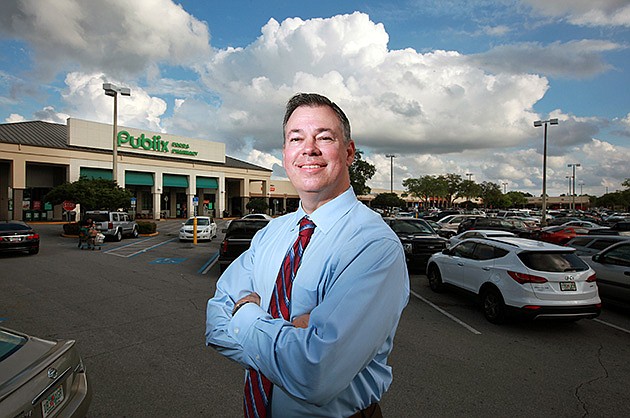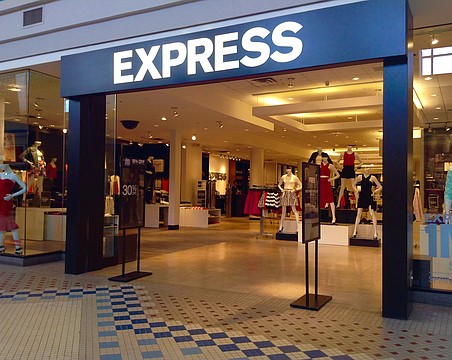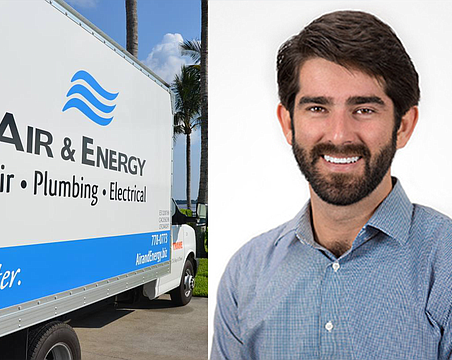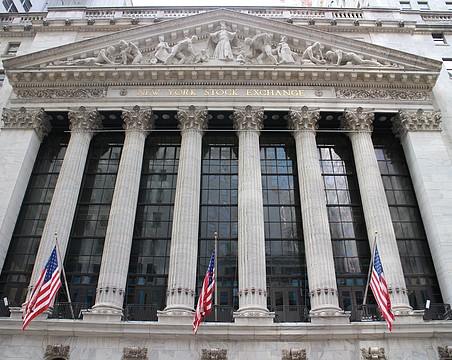Executive Summary
Company. Publix Super Markets Inc. Industry. Commercial real estate Key. Chain will reinvest liquid assets into real estate to reduce costs and potentially increase profits.
It's the untouchable company, a Goliath among Goliaths.
Publix Super Markets Inc. is not just the largest grocery store chain in Florida, but it's one of the largest private companies in the country. Last year, it topped $30 billion in sales for the first time, and counted $1.7 billion of that as profit. It controls 43% of total Central Florida market share for grocery sales, according to industry publication The Shelby Report -- Walmart commands just 29%. That market includes parts of the Gulf Coast.
And now Publix has an aggressive approach to being its own landlord. It has spent at least $275 million in the past year alone to buy Publix-anchored shopping centers, with plans to acquire even more in the next 12 months.
The approach is not just good for Publix. Many others in the Florida retail real estate industry have found the grocery chain's strip mall shopping a pleasure.
By the end of this year, Publix expects to have an ownership stake in more than a quarter of its total locations in the six states in which it operates. Just a decade ago, Publix owned a little more than 10% of its locations.
So what's changed? The real estate market crash of 2007, for starters. After that, Publix found that shopping center owners were coming to it, rather than the other way around.
“It's an interesting market now, where many times, those developers are approaching Publix to ask us if we're interested in buying,” says Brian West, a spokesman for the Lakeland-based chain. “Many of those times, those developers are really kind of ready to just walk away.”
 Buy, buy, buy
Buy, buy, buy
The Publix real estate story is unique to the grocery chain. Retail anchors like grocery and department stores are big users of real estate, but are typically locked into leasing strategies because there's not enough capital to do otherwise, says Fain Hicks, managing director at DTZ, a commercial real estate services firm formerly known as Cassidy Turley.
“They are not fortunate enough to have an abundance of capital,” he says. “Publix is on the opposite end of the spectrum. No one probably understands their operations and how they compete in a given market better than the tenant, and becoming an owner gives them the ability to capitalize on that knowledge.”
In its most recent financial filings with the U.S. Securities and Exchange Commission, Publix reported cash and investments on-hand of more than $6.6 billion. It spent $1.4 billion last year on capital projects such as new store openings, remodels and property acquisition. The number of locations where the company owns at least the building has grown 74% since 2009, while the number of locations Publix operates has grown by just 8%.
“They are in an environment where it's hard to grow organically by building new stores, so it looks like Publix has found a great new use of that capital they have sitting around,” Hicks says.
Premium buys
That capital is used strategically. If the price -- and location — is right, Publix will write a check. On rare occasions, it will assume existing debt if prepayment penalties are higher than executives like.
Publix has a lot of experience waiting for developers to come to it. Many of the chain's new lease locations in recent years were not ones Publix sought. With its massive market share and brand recognition — especially in Florida — shopping center developers can typically boost lease rates for other smaller tenants to premium levels, the kind of rates those same landlords might not get with a Walmart or Home Depot as an anchor.
A Publix anchor also makes the shopping center itself more valuable and in higher demand. The competition to buy a Bradenton shopping center in February, for example, pushed the sales price to $169 per square foot — a 31% premium. Yet, Publix typically wins those competitive sales, because the company plans ahead.
“In a lot of their leases, if not all of them, they have built in a right of first offer, or a right of first refusal,” Hicks says. “There are a lot of aggressive buyers out there, and Publix can just wait to see what any of them are willing to pay. Once those bids are received, Publix can decide whether it wants to trigger that clause or not.”
The clause makes it nearly impossible for any buyer to compete with Publix if the chain is interested in adding to its real estate holdings. That might be bad for buyers, but it's been solid for developers.
“From a seller's standpoint, they win no matter what,” Hicks says. “They're getting a good return, whether it's from Publix or someone else.”
Staying in-house
One advantage that does not get a lot of attention from anchor stores buying up shopping centers is the significant sales tax savings, says Bobby Eggleston, CFO and chief real estate officer for RMC Property Group in Tampa.
“In Florida, there's a state sales tax on rent, so when you buy, there is typically an instant 7% discount those new owners get,” he says.
That's a lot of money at stake. For example, if the owner of a 47,000-square-foot store paid $14 per square foot for rent, a purchase of the center would wipe out $46,000 in taxes.
Of course, a clear challenge looms over Publix's real estate strategy in that a company known for its customer-friendly style now needs to manage properties. That means dealing with other tenant issues, filling vacancies and maintaining locations outside of the supermarket itself.
That work, at more than 200 locations, could become cumbersome for many companies. It's one thing to tell a customer the store is out of Greek yogurt; it's another to tell the pizza joint the rent is going up.
Publix has chosen to keep all of its property management in-house, West says. West says little about why the company chooses that strategy, only that Publix has the right real estate talent to execute in that area.
The addition of Publix in the real estate business isn't a bad thing to some area developers and property managers.
“It's been a slow process, but they've been buying over the course of many years, and they've been building up their infrastructure through all of that,” Eggleston says. “It takes a lot of people to manage property, to lease property, to acquire property, but they're finding a way to do it. We're not really bumping up against them at all.”
Adds Eggleston: “They are really just someone else to sell to, and they're making the retail market very interesting.”

Publix ... public or private?
Publix is one of the nation's largest private companies, but it acts a lot like a public company, complete with regular financial and corporate filings with the U.S. Securities and Exchange Commission.
It's because Publix has a long tradition of offering employees shares of the company, dating back to the late 1950s. That's one of the ways Publix not only attracts people, but retains them as well.
Because so many people hold shares -- there are 166,000 in all, holding an average of five shares each -- Publix is required by SEC regulations to keep its operations open to the public.
It even has a ticker symbol, which it only uses over-the-counter for restricted purchases: PUSH.
Recent Publix shopping center purchases


 Buy, buy, buy
Buy, buy, buy




